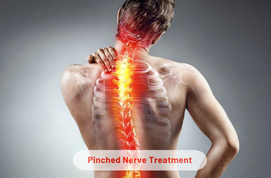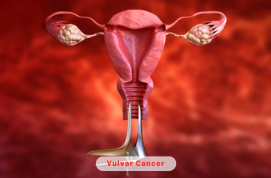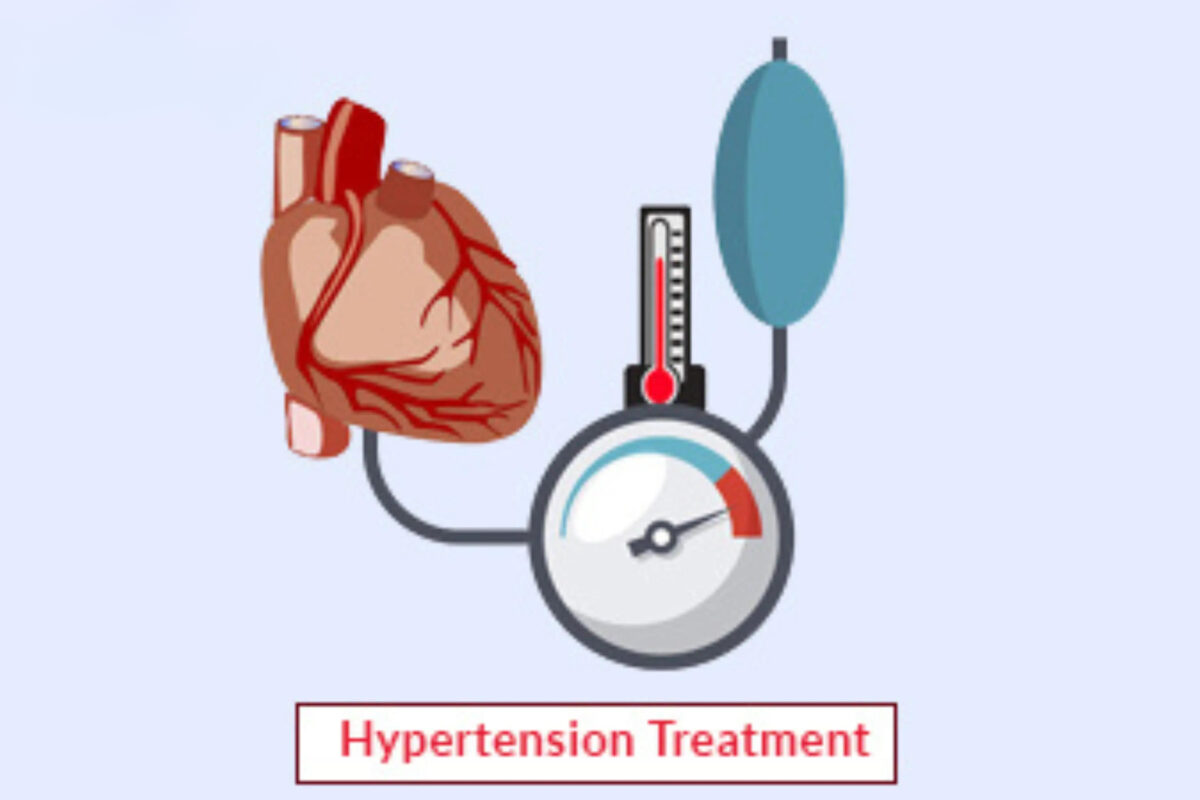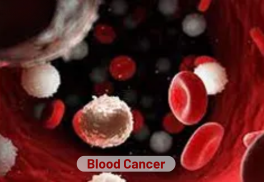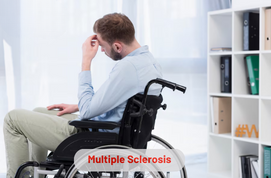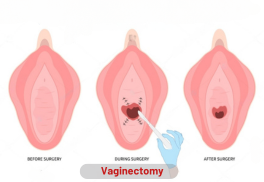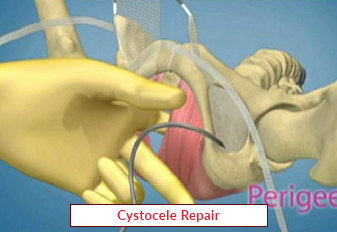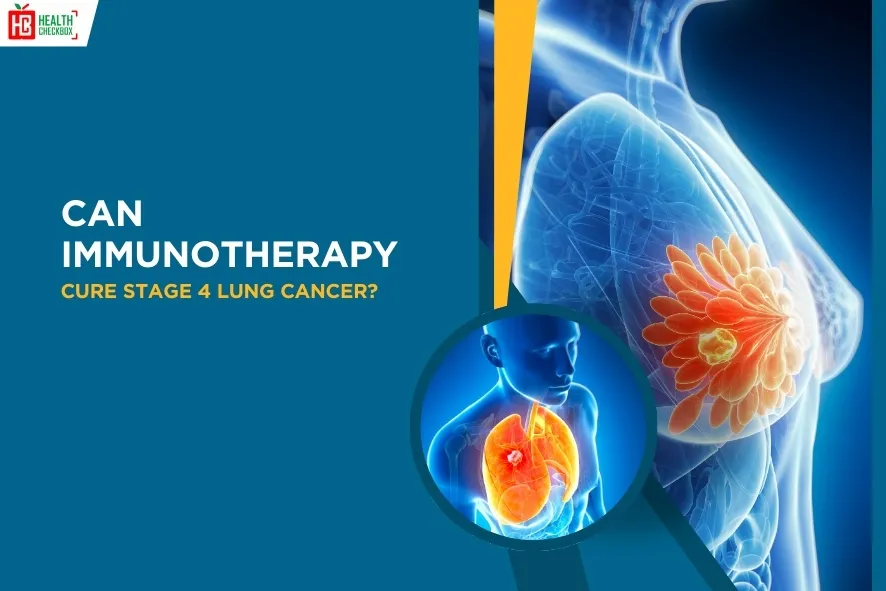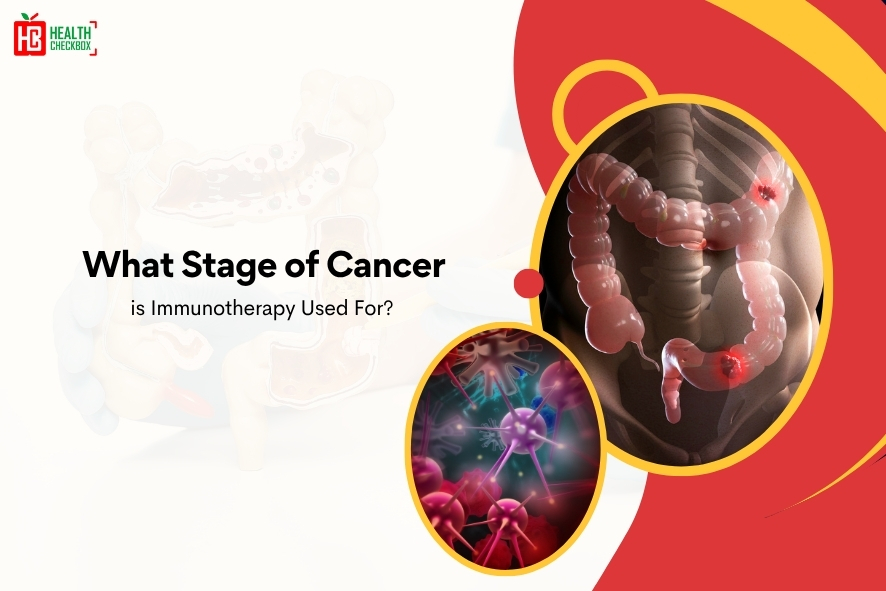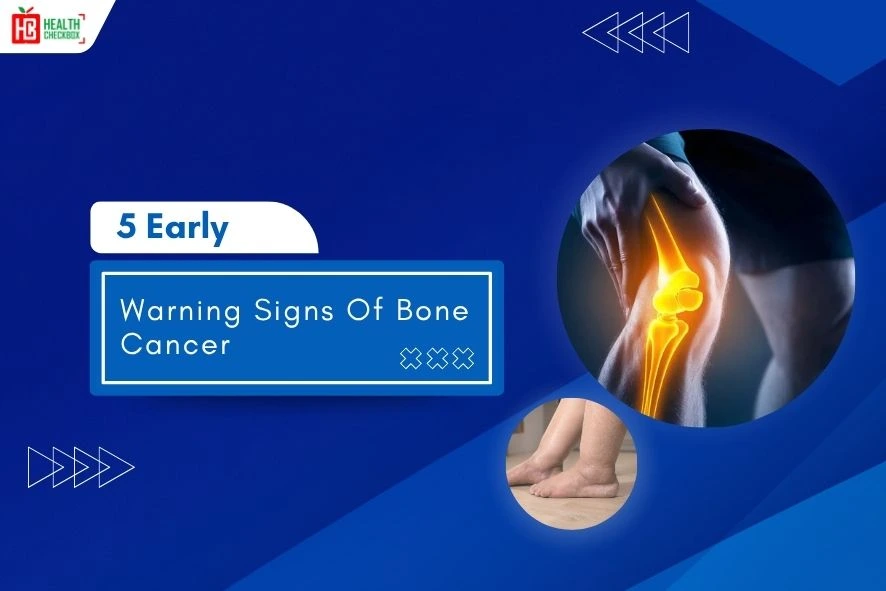An excessive amount of pressure can cause a pinched nerve around the tissues, such as muscles, tendons, cartilage, or bones. A pinched nerve interrupts nerve function, resulting in symptoms such as tingling, numbness, or pain. Resting the injured part is usually the best thing to do for a pinched nerve. The doctor will recommend stopping any activities that worsen the problem or create compression. So, pinched nerve treatment and therapies may be necessary to enhance healing.
If the pinched nerve is not an acute condition or it is not too painful, one might just try to use a damping device or some other methods like massage therapy or yoga to correct it. When the non-invasive methods have no effects and can not treat pinched nerves, then after surgery is very necessary. Doctors/Surgeons typically use laminectomy or microdiscectomy invasive techniques to gain access to the affected area with the least amount of tissue disruption.
Symptoms and Diagnosis of Pinched Nerve Treatment
There are variety of symptoms of pinched nerve, which include:
- Pain: There is a sharp, aching, or burning pain in pinched nerve which may be radiate outward.
- Tingling or Numbness: Needles feeling, a decreased sensation or tingling in affected area caused by nerve.
- Muscle Weakness: Difficult to perform any daily task because of a lot of weakness in the affected area.
- Inability to move: Unable to move, lift hands & feet, fall asleep, or holding anything.
Note: Apart from these, there are other pinched nerve symptoms too which include Pricking, Itching. Also, it can occur in different parts of the body, including the neck, shoulder, lower back, and hand.
How are Pinched Nerves Diagnosed?
If you are suffering from pinched nerve and tired of conservative treatment at home like rest and taking pain relievers medicine. Then you have to visit a healthcare provider and get the treatment of pinched nerves. The doctor will examine your health condition and whole body and diagnosed pinched nerve by using physical exam and various tests, including:
- X-Ray: An X-ray might reveal bone abnormalities, such as fractures or spinal canal constriction, that may be impacting your nerves.
- Ultrasound: It shows nerve compression or any damage around the ligaments. There is a use of sound waves to create detailed images of the soft bones and tissues.
- Magnetic Resonance imaging (MRI): It creates detailed view of your body, by using radio waves and strong magnetic field. An MRI also shows nerve compression or any damage to surrounding ligaments.
- Computed Tomography (CT) Scan: As compared to an X-ray, a CT scan shows 3d images of your bones and soft tissues like ligaments with more detailed form.
- Electromyography (EMG) and Nerve Conduction Study: These tests evaluate the electrical activities of your muscles and nerves to find out whether they are functioning properly or not.
Options for Pinched Nerve Treatment
For back pinched nerves, there are several innovative pinched nerve treatments available. As a result of surrounding structures such as boney spurs, cartilage, or herniated discs applying excessive pressure to a nerve, pinched nerves can occur. Whatever procedure or treatment works best for you will frequently depend on what caused your pinched nerve. Resting the affected area is the most commonly advised treatment for a pinched nerve. Stop doing any activities that provoke discomfort or create compression.
Many disorders can trigger pinched nerves, so even if the pain has several sources, basic lifestyle adjustments can help you find relief. The following are several treatment options:
Conservative Treatments: Non-Invasive Pinched Nerve Treatments
- Physical Therapy: By doing so, stiffness can be avoided, and function and feeling can be restored. Stretching and core strengthening activities may be part of physical therapy for persistent back pain.
- Medication: Pain can be reduced with the aid of medication.
- Lifestyle Changes: A herniated disc can be managed with rest and a change in activities.
- Alternative Therapies: Exercises like yoga, pilates, and massage therapy can increase muscle strength, reduce discomfort, and increase flexibility.
Surgical Treatment
These treatments include:
- Nerve Grafting: To repair a damaged nerve, a surgeon transplants a healthy nerve from another area of the body. Some of the surgical procedures for spinal stenosis are spinal devices, prosthetics, laminectomy, fusion, and minimally invasive implants.
- Other Treatments Include:
- Acupuncture: It is used in China. In this treatment, the expert inserts sharp-thin needles into the patient’s body. These needles are put in the area of stimulating nerves, muscles, and connective tissue. It is a mechanism that is used for lower back pain, neck pain, headache, etc.
- Herbal Medicine: The herbal medicine is made by the use of plants and plant extracts for medical purposes.
Procedure of Pinched Nerve Treatment
- Comprehensive Assessment: A team of professionals undertakes a complete assessment to evaluate the cause and level of a pinched nerve and involves physical exam, history taking, and or imaging studies (where applicable).
- Multi-Disciplinary Approach: We do believe in teamwork, which involves engaging the services of physical therapy, occupational therapy, medical therapy, and chiropractic therapy to develop the most effective management program.
- Manual Therapy: Manual therapy will be performed by our therapists, which includes joint mobilization, soft tissue mobilization, spinal manipulation with the aim of alleviating the exceeded pressure on the nervus and enhancing restoration.
- Progress Monitoring: Regular assessment of your condition will be conducted, and the treatment modified where necessary to achieve the best results possible.
Latest Health Tips
Can Immunotherapy Cure Stage 4 Lung Cancer?
Early Signs of Cervical Cancer
Foods that Kill Cancer: Leafy Vegetables, Grains, & More
What Stage of Cancer is Immunotherapy Used For?
Which is Worse for Cancer, Sugar or Alcohol?
Vaccines That Prevent Cancer
What Kills Cancer Cells in the Body Naturally?
Early Warning Signs of Bone Cancer
Submit Your Enquiry
Testimonials








